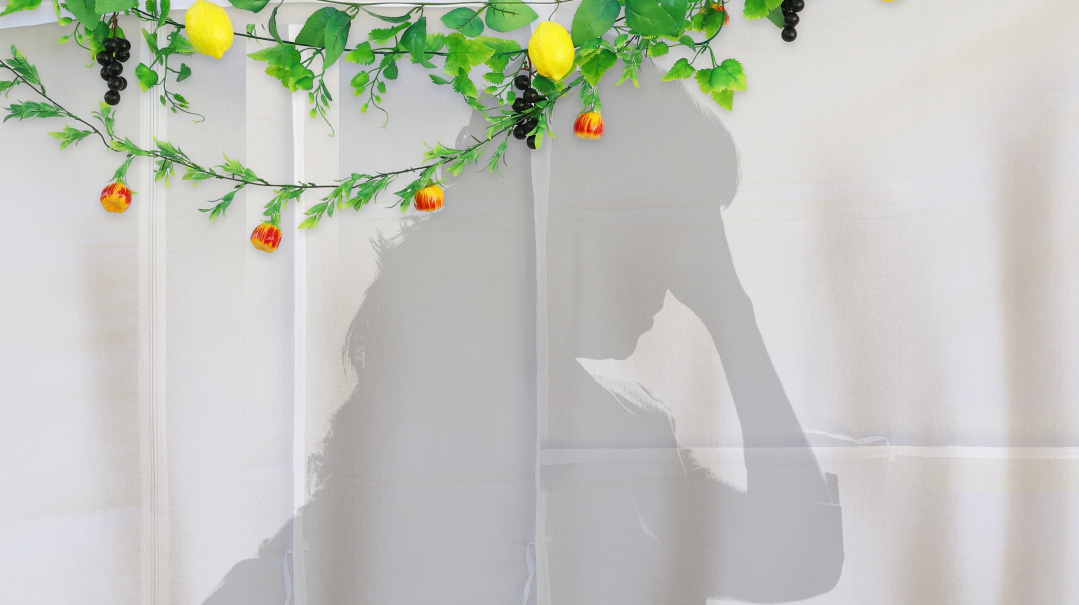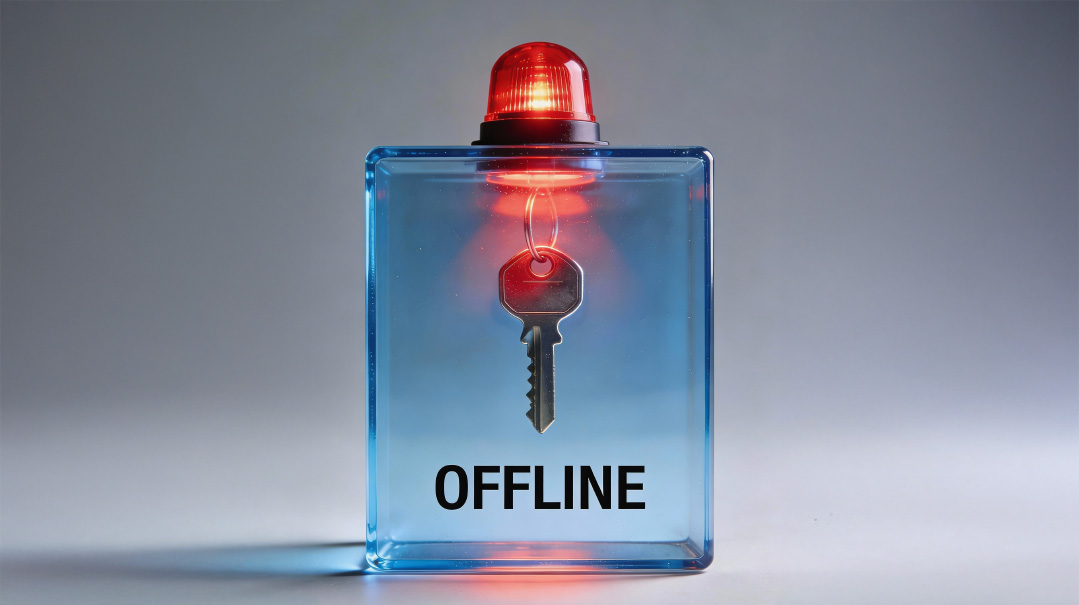Breaking Point
| September 26, 2023I could see why Leeba hadn’t been too hopeful about this half of Yom Tov being relaxing

Baruch: If you want me to come for Yom Tov, things have to be comfortable for my wife
Nechi: Can’t you be flexible and understanding so we can have some family time together?
Baruch
“Are we almost there yet?” Racheli whined.
I looked at my watch again, even though I knew it couldn’t have changed much since the last time I checked it. One hour and 14 minutes into the flight.
“Not quite,” I said.
My four-year-old pouted.
Leeba leaned across the aisle. “Why don’t you go to sleep on Tatty, sweetie? It’s already late and we’re only going to land in the morning.”
Racheli wiggled in her seat, nearly knocking her drink flying. “I’m not tired.”
Leeba met my eye. “Only 11 hours to go, huh?”
I gave a dutiful laugh. Every time we fly back for Yom Tov, I insist that it’s the last time, and then the next one comes around and we find ourselves up in the air again. The price of living so far away from family.
Yoni was sleeping in Leeba’s arms. She freed up one hand to rummage in one of our bags, among the collection we had schlepped onto the plane, searching for something to occupy the girls.
“Oh! Here we go.” She withdrew two little books and a colossal pack of stickers. “If you’re not tired, Gila and Racheli, you can do stickers, but quietly, okay? Because everyone else is going to sleep.”
I passed the stickers to the girls, who promptly started squabbling over the little notebooks, which, to my male eye, were exactly the same.
“They’ll work it out,” Leeba said, with a shrug. She closed her eyes briefly.
“Tired?” I asked her.
“Who, me? Nah,” she said, laughing, but I knew she was exhausted; the packing, the cleaning up for the family subletting our apartment, the trip to and through the airport with three little kids in tow. And with a baby on the way, she’s altogether been working too hard.
“At least you’ll get to relax over Yom Tov, be the guest for a change,” I said.
I expected Leeba to smile, but instead she looked away, wincing a little. “I hope so,” she said.
Oops! We could not locate your form.







